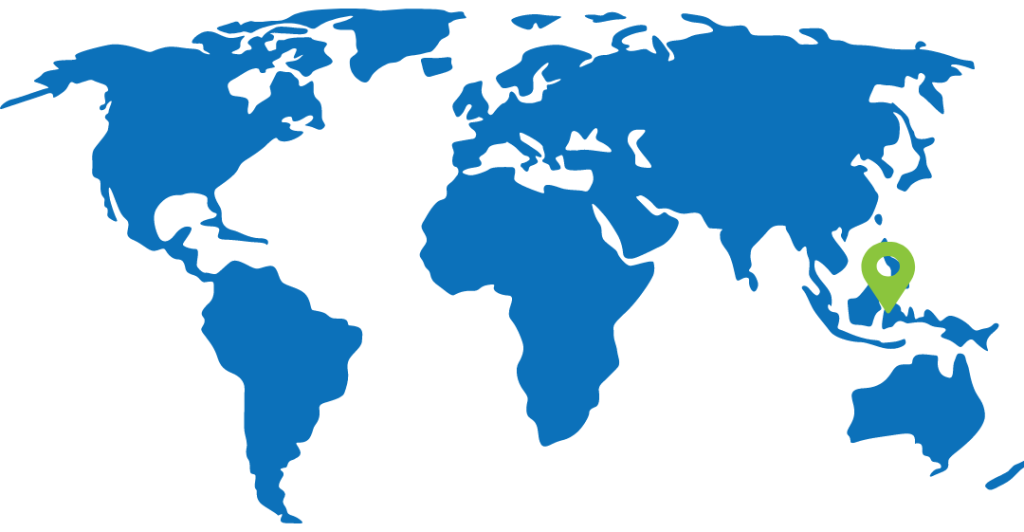In a bid to ensure the safety and compliance of mobile telecommunication devices, Indonesia has taken a significant step by officially implementing SAR (Specific Absorption Rate) limits for such devices.
Effective from April 1st, 2024, the new regulation mandates local testing for telecommunications devices and tablet computers utilized in Indonesia. SAR will be applicable for devices used within a distance of less than 20 cm from the body, and with a radiated transmit power exceeding 20 mW. This regulation underscores the government’s commitment to ensuring the safety and well-being of consumers in the rapidly evolving landscape of telecommunications technology.
Key provisions outlined in the decree include:
Timeline of Implementation
- SAR limits on the head testing commence from April 1st, 2024, while limits on torso and limb testing begin from August 1st, 2024.
Certification Requirements
- Every application for a telecommunications equipment certificate must comply with SAR limitation provisions as stated in Decree Number 177 of 2024.
Provision for Delayed SAR Test Reports
- In cases where the local lab cannot issue a SAR test report promptly, applicants may attach a statement letter indicating the status of SAR testing. However, the SAR test report must be submitted to SDPPI within 14 calendar days from the issuance of the statement letter. This provision is valid for a maximum of two years from the date the obligation to fulfill SAR limits takes effect.
Re-Test Procedure
- Should SAR test results fail to comply with the stipulated limits, certificate holders have the option to apply for a re-test. This re-test will be conducted by the Director General and Ministry, with samples randomly purchased from the market. However, the cost of sample purchase for re-testing is borne by the certificate holder.
The implementation of SAR limits aims not only to ensure compliance with technical standards but also to instill trust among consumers regarding the safety of devices available in the market. While this regulation impacts type approval, it does not affect spectrum allocation or imports.
It’s essential for manufacturers, importers, and distributors of mobile telecommunication devices to familiarize themselves with these regulations to ensure compliance and maintain the integrity of the market. By adhering to SAR limits, stakeholders can contribute to a safer and more reliable telecommunications landscape in Indonesia.
Global Validity is your partner for global certification success
Need a fast, accurate and competitive quote? Please provide the following information so our team can get to work for you:

